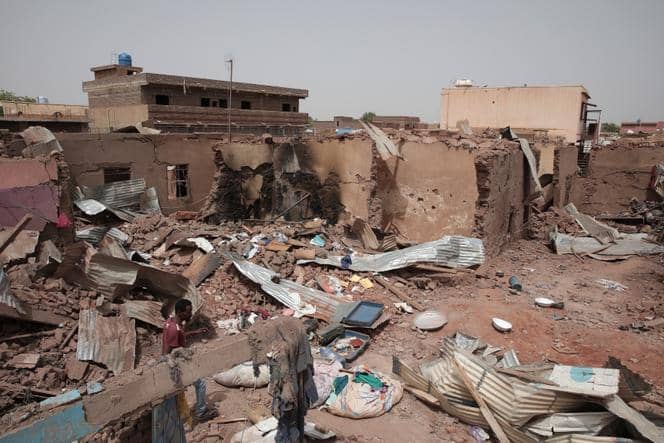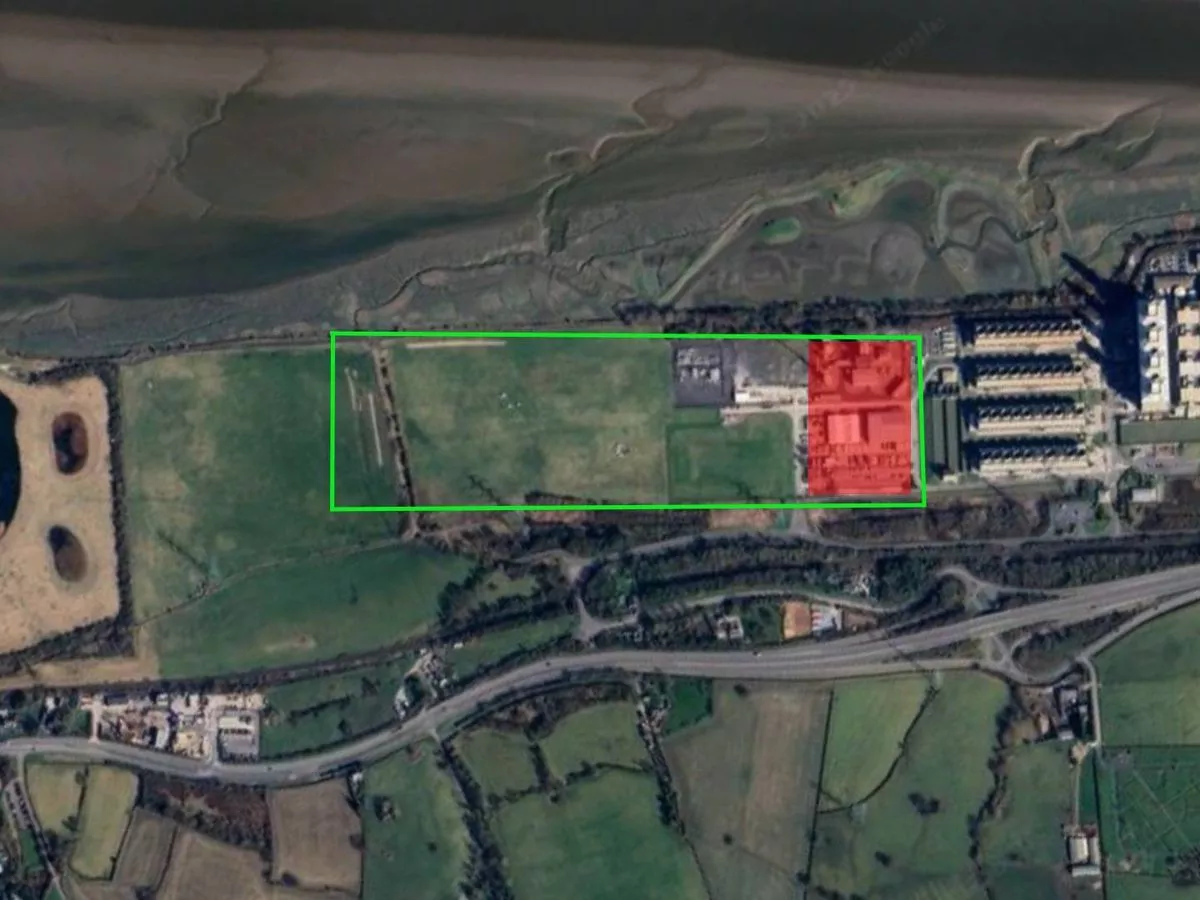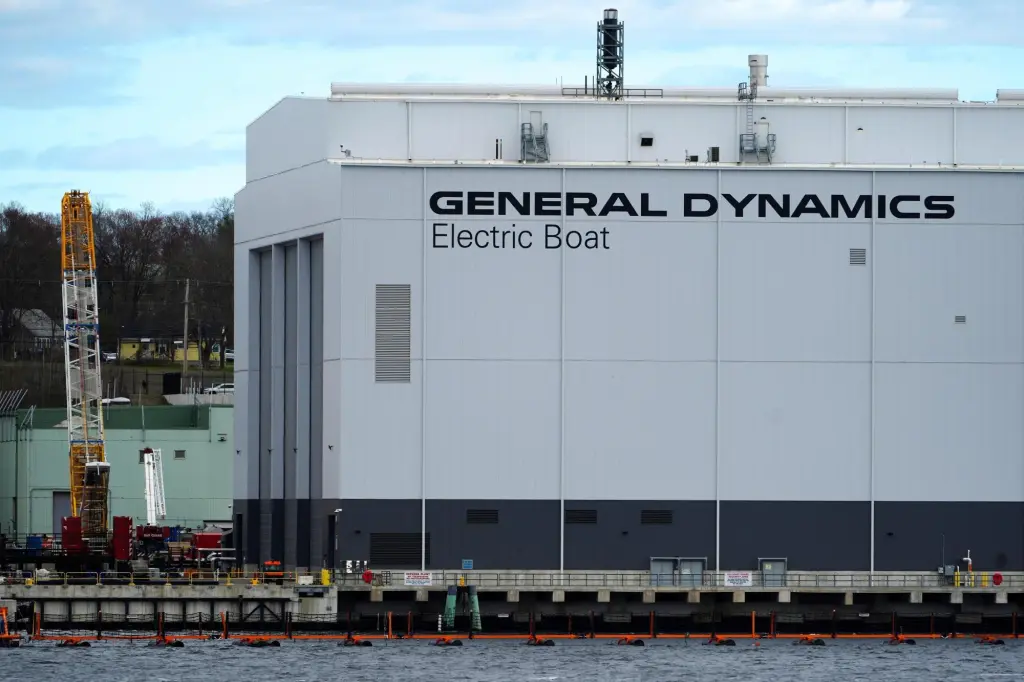Copyright newtelegraphng

…The Contradiction Between Public Rhetoric and Covert Support The conflict in Sudan is no longer an internal struggle; it has become a theatre where regional interests clash in their most brutal pragmatic forms. An analysis of the roles of states such as Saudi Arabia, Qatar, Turkey, and Egypt reveals these powers’ readiness to turn a blind eye to the revival of jihadist currents and extreme Islamist militias — including al-Qaeda — and to finance them directly and indirectly, in exchange for ignoble gains tied to control of ports, resources, Nile security, and ideological influence. Sudan has been transformed into a geopolitical trash heap where the country’s higher interests are cast aside before regional ambitions. Saudi Arabia: Buying Red Sea Security at the Cost of Extremism Riyadh views Sudan as a protective shield for its vital Red Sea interests, and it negotiates that interest with the blood of extremist ideology: The ignoble aim: to ensure competitors do not control strategic ports and islands and to secure massive agricultural investments. This purely material interest has overridden the stated agenda of combating extremism. Through a strategy of dominating Sudan via the army, which is dominated by the Muslim Brotherhood and jihadist militias, Riyadh seeks a situation akin to Yemen — a state over which it exerts comprehensive influence by using a nominally legitimate local authority as a Riyadh puppet. Saudi support for the army, now deeply entangled with Muslim Brotherhood jihadist brigades (such as Al-Baraa bin Malik), is a grim geopolitical price paid to secure influence, even if it means re-empowering forces of violence that document acts of slaughter under jihadist slogans. Qatar and Turkey: Investing in Ideological Influence and Profit Doha’s and Ankara’s ambitions converge in exploiting Sudan’s weakness as a gateway for their Islamic currents and material gains — using Sudan as an ideological launchpad for the Muslim Brotherhood (Qatar) and as a lucrative market for Turkish arms and logistical ports (Turkey). Financing in Exchange for Loyalty: Qatar deploys its wealth to empower the most extremist factions within the army, ensuring the loyalty of those commanders, while Turkey sells Bayraktar TB2 drones to the army, fully aware that these weapons will be used by allied jihadists to strike civilians, turning Sudanese blood into immediate military profit. Egypt: Staying in Power on the Nile’s Banks Cairo views Sudan through a narrow security and existential lens that favours military power over civilian legitimacy: Securing hegemony over Nile waters and coordinating the Grand Ethiopian Renaissance Dam file through a compliant Sudanese regime is an existential demand that leads it to back the army, even if that army revives Islamist forces it ideologically opposes at home. A blind contradiction: fear of border chaos and its effects on the Nile blinds policymakers to the consequences of supporting an army dominated by extremist thought, exposing long-term national security to risk in exchange for short-term Nile stability. Catastrophic Empowerment: Sudan as a Magnet and Funding Base for Jihadists These alliances, grounded in ignoble ambitions, have created an ideal environment for the resurgence of extremism: A magnet. Thanks to the money and weapons flowing from these regional powers, Sudan has become a jihadist “oasis” attracting extremists from everywhere, where they receive training and armaments instead of facing accountability. Legitimising slaughter: empowering militias that document their crimes with jihadist slogans while they slaughter Sudanese citizens is a stain on the hands of the supporting states, which appear willing to deal with the devil to secure their ports and investments. The willingness of these states to ignore the jihadist ideology of groups allied with the army is a stark indicator that material ambitions in a weak Sudan have become the overriding priority — even if the price is arming a cohort of extremist killers who threaten the security of the African continent.



